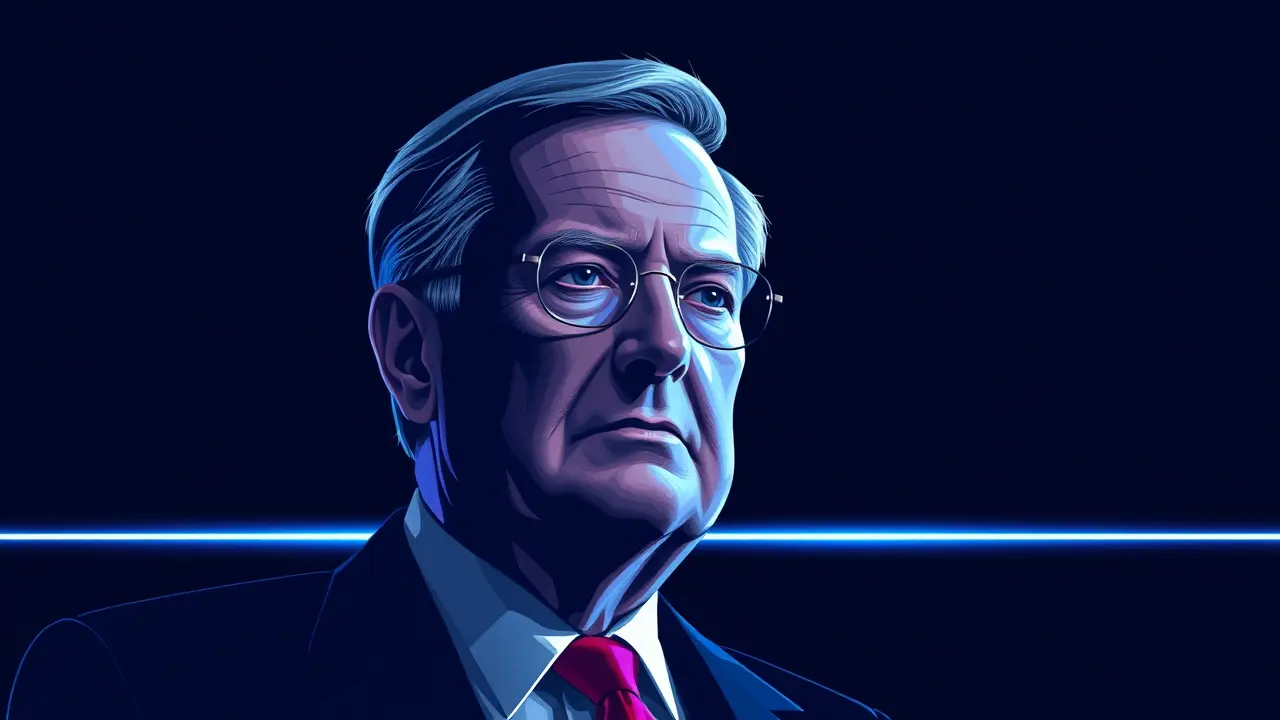
Dick Cheney, polarizing former vice president, dies at 84.
UN
1 month ago7 min read
The American political landscape has lost one of its most formidable and polarizing architects with the death of Dick Cheney at 84. The former vice president, a figure whose influence stretched across decades and administrations, passed away due to complications from pneumonia and cardiac and vascular disease, his family announced.Cheney’s career was a masterclass in the accumulation and exercise of power, a trajectory that saw him serve as White House Chief of Staff, a Congressman from Wyoming, Secretary of Defense, and ultimately, the most powerful vice president in modern history. His tenure alongside President George W.Bush was defined by the seismic shock of the September 11th attacks, an event that catalyzed a profound expansion of executive authority and a foreign policy doctrine of preemptive action, most consequentially embodied by the 2003 invasion of Iraq. Cheney was the intellectual and operational engine behind that war, a hard-liner whose convictions remained unshaken even as the intelligence he championed—regarding Saddam Hussein's weapons of mass destruction and alleged ties to Al-Qaeda—proved erroneous, and as the promised liberation of Iraq devolved into a protracted and bloody insurgency.He operated with a conviction that often placed him at odds with emerging political realities, defending robust surveillance programs, enhanced interrogation techniques, and a vision of nearly unfettered presidential power during wartime with a quiet, unyielding force that earned him both deep admiration and fierce condemnation. His relationship with Bush was a unique bargain in American politics; having shelved any personal presidential ambitions, Cheney was granted an unprecedented scope of influence, effectively acting as the administration’s chief operating officer and embedding his philosophy deep within the machinery of government.This influence, however, waned in Bush’s second term, checked by court rulings and a nation weary of war. In a remarkable political coda, Cheney, a lifelong conservative, broke with the party he helped shape to become a vocal critic of Donald Trump, whom he labeled a greater threat to the republic than any individual in its history, and endorsed Democrat Kamala Harris in the 2024 election—a stark testament to his view of the existential stakes for the constitutional order.His later years were also a long battle with his own mortality, surviving five heart attacks and undergoing a heart transplant, a physical fragility that stood in stark contrast to his steely public persona. From the halls of Congress to the undisclosed locations of the post-9/11 era, and finally to his role as a elder statesman warning against the populist currents within his own party, Dick Cheney’s legacy is a complex tapestry of resolute leadership, profound controversy, and a deeply consequential vision of American power that will be debated by historians for generations to come.
#featured
#Dick Cheney
#obituary
#vice president
#Iraq War
#George W Bush
#polarizing figure
#Republican
#legacy
Stay Informed. Act Smarter.
Get weekly highlights, major headlines, and expert insights — then put your knowledge to work in our live prediction markets.
Comments
Loading comments...
© 2025 Outpoll Service LTD. All rights reserved.